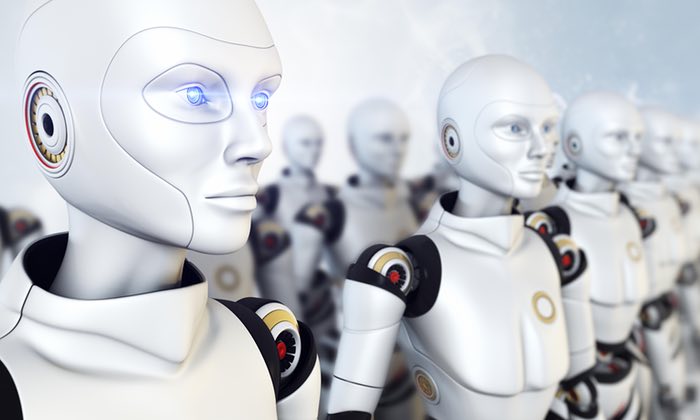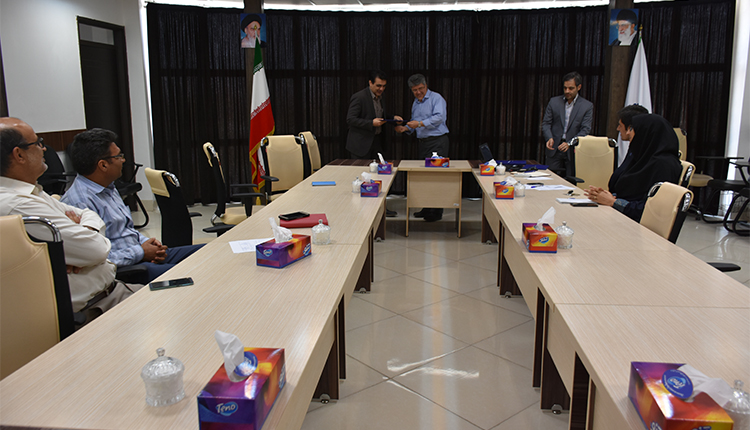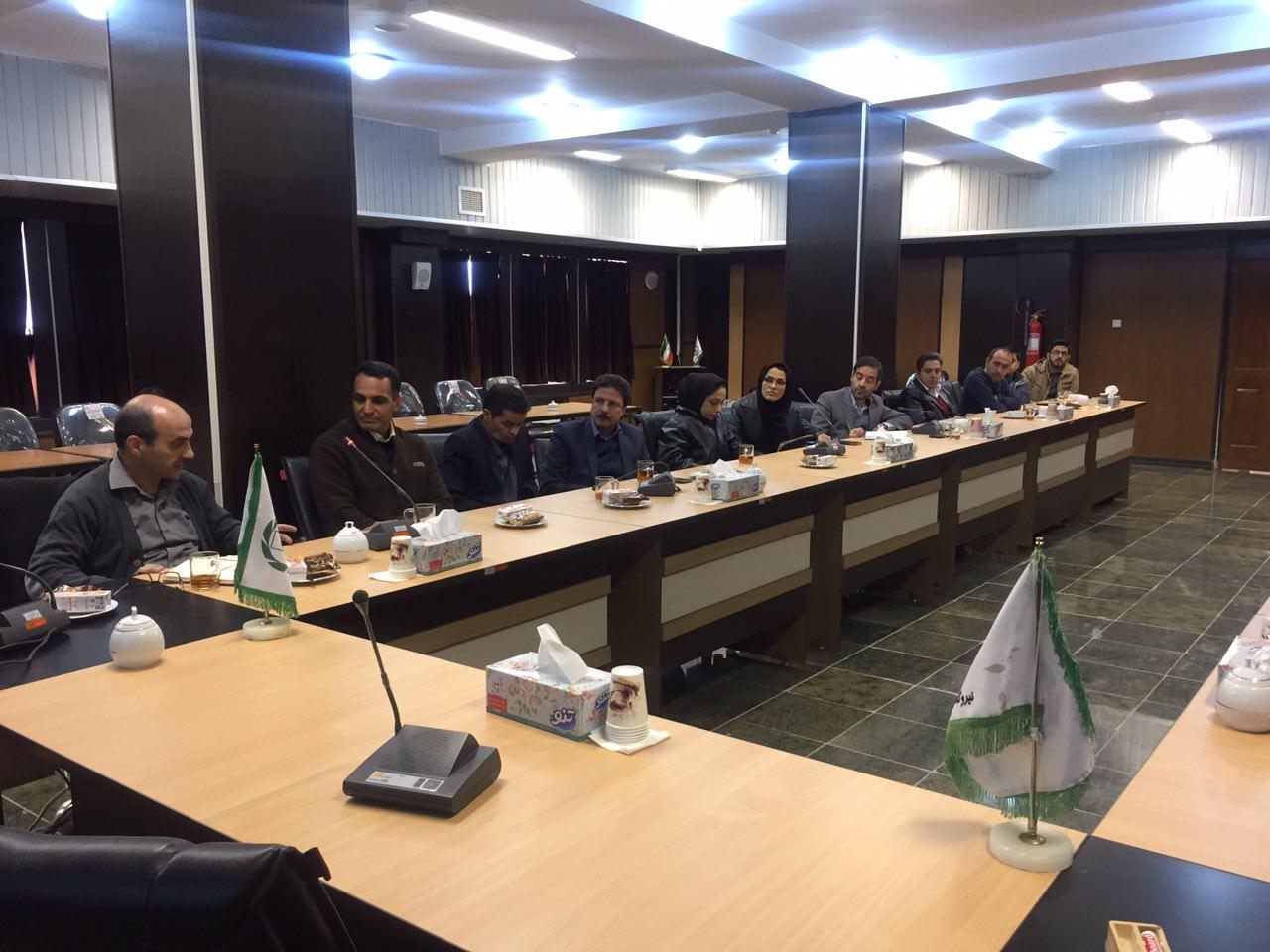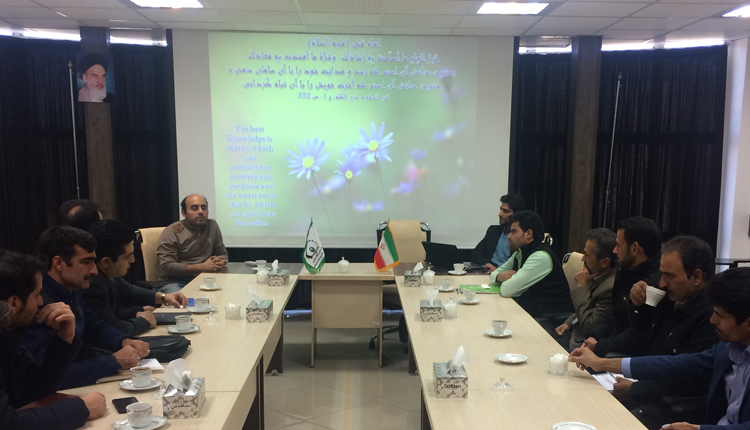
'Exciting times'? Changes in technology can boost inequality, authors say
The Labor MP Jim Chalmers was at a town hall meeting in Eagleby, Queensland this week when an older couple approached him.
They were part of a crowd that turned up to see Bill Shorten’s “Bill Bus”, Labor’s resurrected campaign bus from last year’s election, on its way from Queensland to New South Wales as part of a two-week tour.
Eagleby had been devastated by recent flooding, a painful hit for a suburb that only five years ago had twice the rate of unemployment than the state average.
Chalmers said the couple wanted to talk about “the kids” – not their own necessarily, just young people.
In a suburb where, according to the 2011 census, close to 50% of the workforce comprised labourers, tradesmen, technicians, machinery operators and drivers, where were the jobs going to come from when everything was getting automated?
Third of Australian youth have no job or are underemployed, report finds
Read more
“It’s quite an endearing thing,” Chalmers told Guardian Australia afterwards. “There’s a real intergenerational concern for what young people going into the workforce now won’t have access to that people had access to in years gone by.
“You see it in housing as well, which is why this housing debate’s so turbo-charged at the moment.”
He told them he was putting the finishing touches on a book about the problem.
Chalmers has teamed up with Mike Quigley, the former chief executive of NBN Co, to write a book about technological change, the labour force, and inequality, called Changing Jobs: The Fair Go in the New Machine Age.
He said they got the idea when Quigley delivered a talk on the topic to an informal group of academics, politicians and business people, of which Chalmers is part.
They believe technological change can make inequality even worse in Australia if it is left unattended. It can skew power relations for ordinary people at work, and have consequences for wages and employment conditions.
They say there’s no such thing as “technological trickle-down,” because economic gains from artificial intelligence, automation, machine learning and robotics “will not share themselves naturally”.
So what can be done about it?
They posit three broad ways in which Australians can react in the face of the coming technological revolution.
People can be part of the “let-it-rip” crowd, that cheers on technological change without regard for wealth concentration or transitional impacts on the public.
“This group wrongly believes, as prime minister [Malcolm] Turnbull does, that these are ‘exciting times’, whatever the consequences for those disrupted,” they argue.
Another option is for Australians to try to resist technological change or hold it back. “This is about as likely as offices rediscovering a preference for the fax machine.”
There is also a third way – people can try to shape the technology, correct market failures, rethink industrial relations, re-stitch the social safety net, and care about the distribution of economic power.
“This path is the one we recommend for Australia in the pages that follow,” Chalmers and Quigley say in the book’s précis.
Robots will destroy our jobs – and we're not ready for it
Read more
“We can attack the worst consequences of technological change without denying ourselves the broader benefits of that change.”
Chalmers says one of the surprising things about writing the book has been the level of interest from retirees who had a job for life and worry that their children or grandchildren won’t.
One regular correspondent in particular, called Jill, has been urging him to write it.
Quigley says that during his 40-year career in telecommunications (in Australia, the US and Europe), he has seen how technology can powerfully improve people’s lives.
“But the trends we have seen in recent years with rising inequality and employment insecurity are cause for concern,” he says.
“I am hoping that in writing this book with Jim, we can make some small contribution to the debate that will lead to businesses, governments and Australian citizens working together to ensure that technology can improve the lives of all Australians in the decades ahead.”
We can expect policy recommendations from the pair. They believe schools, the industrial relations regime, and the social security system will have to change dramatically as the rules of the economy are rewritten by machines.
The book, published by Random House, will be available in September.
















Comments
Your Comment
Please login to your account or register then send your comment.